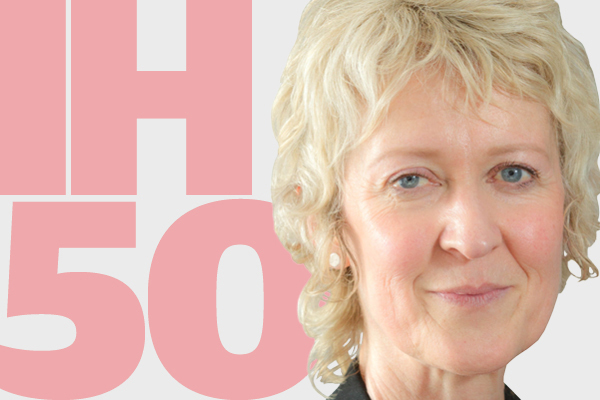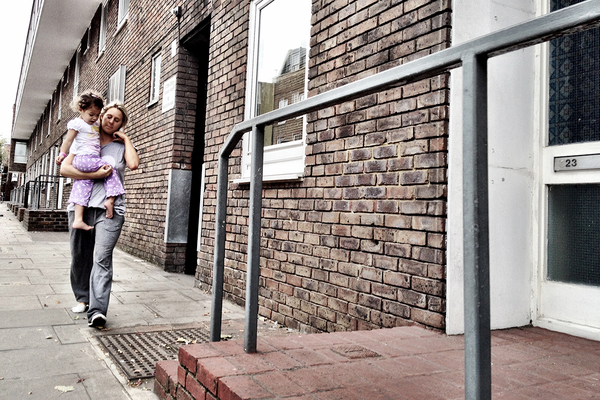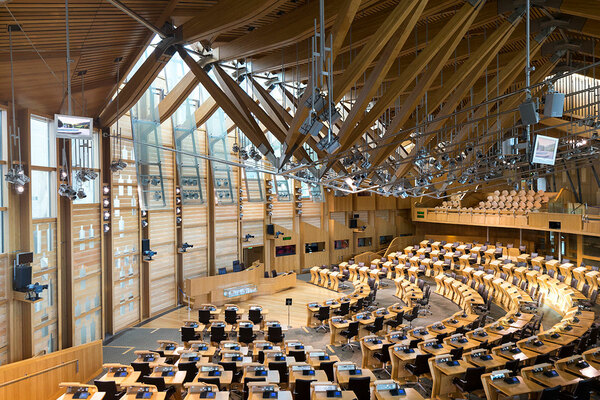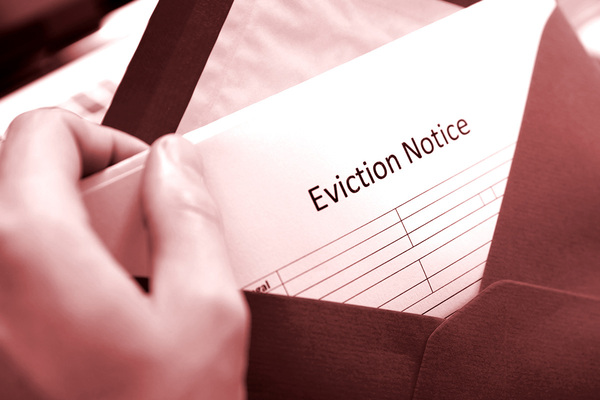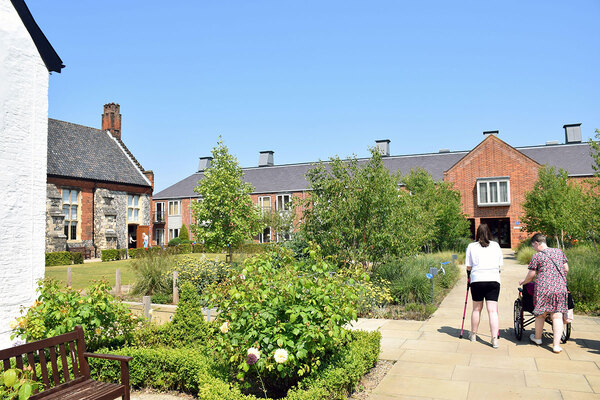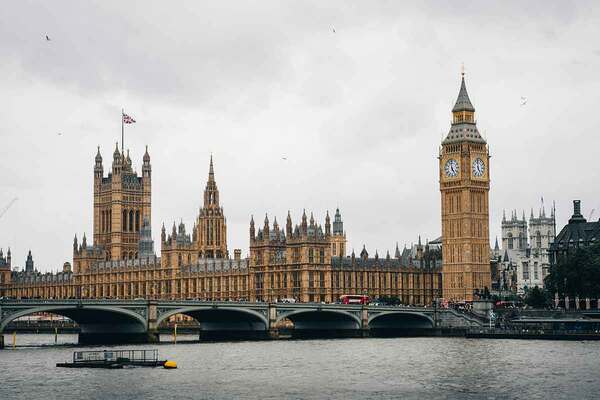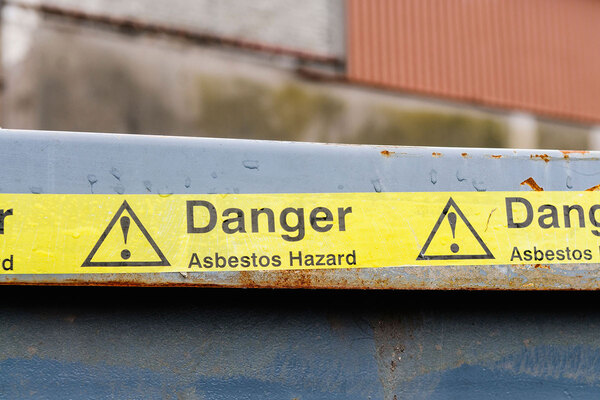Scottish government agrees to post-coronavirus homelessness plan
The Scottish government has accepted all 105 recommendations from its Homelessness and Rough Sleeping Action Group (HARSAG), which had been tasked with developing a post-coronavirus homelessness strategy for the country.
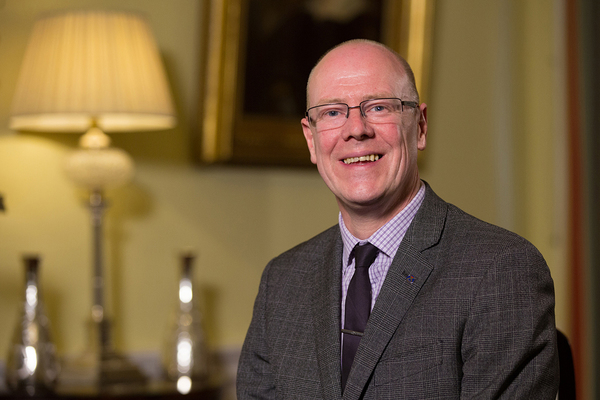
Scottish housing minister Kevin Stewart announced last night that the government accepted the group’s recommendations – which include providing accommodation for rough sleepers for the duration of the coronavirus pandemic – “in principle”.
He said the government will now develop a more detailed action plan with the Convention of Scottish Local Authorities (COSLA), the organisation that represents local authorities in Scotland.
The new recommendations from HARSAG are wide ranging and include proposals for support provision, alongside long-term housing supply commitments.
It is recommended that the government continues to provide emergency accommodation to individuals regardless of immigration status and rapidly develops options for people with no recourse to public funds (NRPF).
The group also recommended the government to increase housing supply across the social and rented sector, including via buy-backs and acquisitions. It was suggested that any underspend from this year’s affordable housing supply programme be made available as grant to support acquisitions.
HARSAG was temporarily reconvened by the Scottish government last month in order to review the government’s homelessness policies in the wake of COVID-19. The group was originally set up to advise the government on its 2018 strategy to end homelessness.
Jon Sparkes, chief executive of Crisis and chair of HARSAG, said: “It’s fantastic news that the Scottish government has accepted HARSAG’s recommendations.
“The action taken over the past few months has shown that rough sleeping is not inevitable, and it has undoubtedly saved lives.
“By accepting these recommendations, the Scottish government has sent out a clear message that people affected by homelessness matter. Now is the time to be bold and show that we can end homelessness when the political will is there.”
It comes as the Scottish government confirmed that it would not remove emergency support provided to rough sleepers during the coronavirus crisis until alternative solutions have been found.
In a letter to Sean Clerkin, campaign co-ordinator at the Scottish Tenants Organisation, a government official wrote: “It may be worth highlighting that over £1.5m has been provided so far to third sector organisations to enable them to acquire emergency hotel accommodation for people experiencing, or at risk of experiencing, homelessness.
“This support will not be removed until we have a safe way of moving people on from this accommodation in to a home that suits their needs.”
